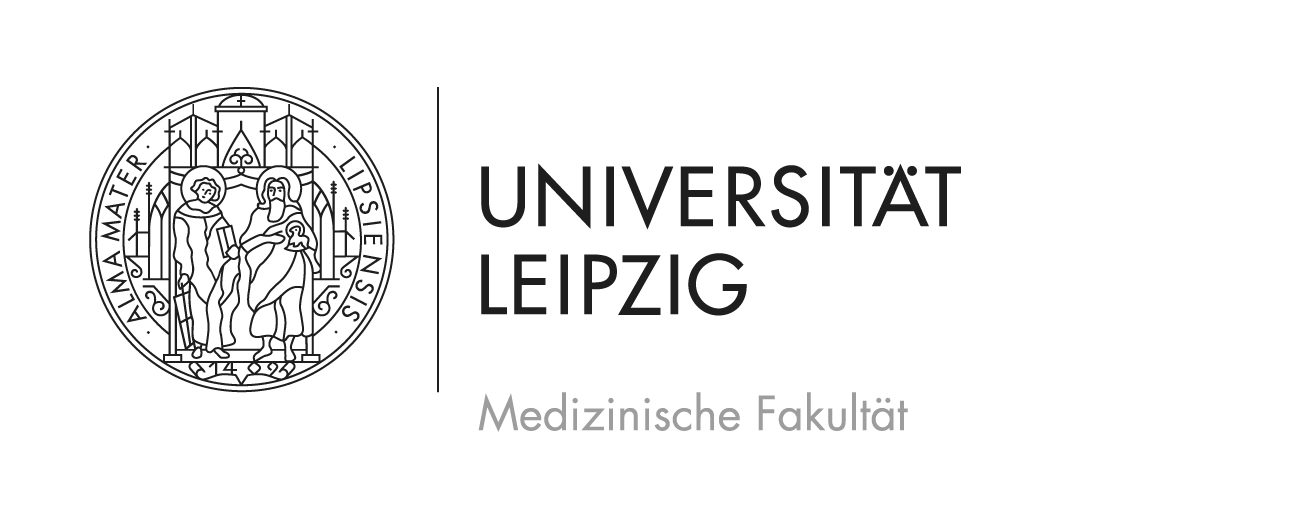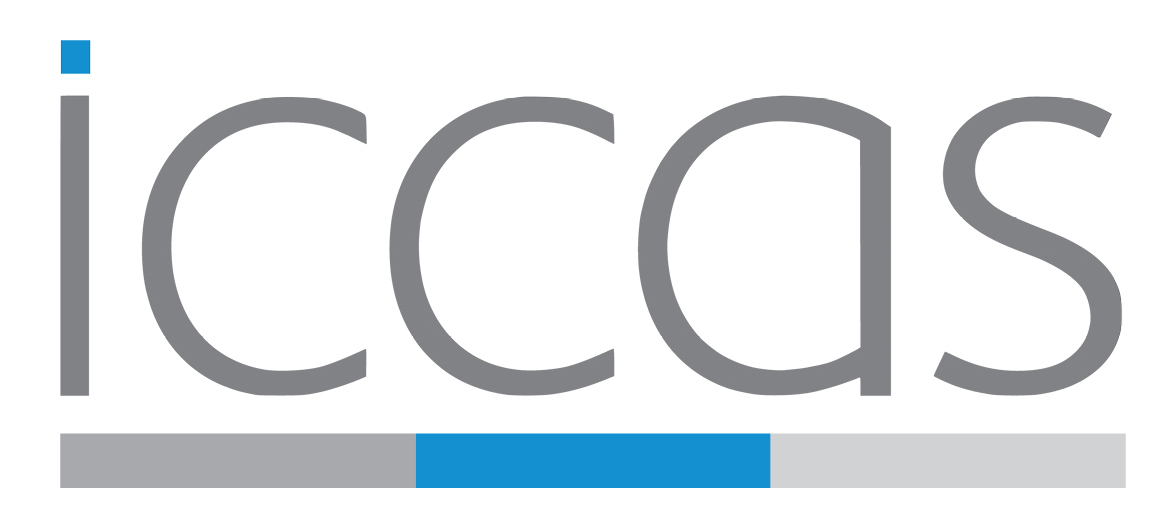

03.04.2014
Was macht eigentlich ein medizinischer Informatiker und welche Eigenschaften sollte “frau” mitbringen, wenn sie sich für dieses Studium entscheidet? Für die Teilnehmerinnen des Girls‘ Days an der Universität Leipzig waren diese Fragen der Einstieg in einen informativen Nachmittag am ICCAS.
Bereits zum siebenten Mal begrüßten die Wissenschaftler und Wissenschaftlerinnen in ihren Räumlichkeiten in der Semmelweisstraße interessierte Gymnasiastinnen zum Wissenschaft Schnuppern. Dabei gab es viel Forschung zum Anfassen. Der Demonstrator-OP wartete mit chirurgischem Navigationsgerät, Felsenbeinfräse und Phantomschädel auf. Außerdem erlebten die Neuntklässlerinnen, wie chirurgisches Personal mit Hilfe eines Tablets, ohne Instrumententisch chirurgische Werkzeuge und deren Anwendung im OP erlernen kann. An gegenseitigen Aufnahmen mit einer Wärmebildkamera sahen die Schülerinnen, welche Körperareale stärker durchblutet und damit für ein Hauttransplantat besonders gut geeignet sind.
Die Mädchen hatten während ihres Rundgangs durch die Forschungseinrichtung sichtlich Spaß und staunten nicht schlecht, wie vielfältig anwendbar die Medizininformatik im Bereich der computerassistierten Chirurgie ist. Aber auch für die Wissenschaftlerinnen und Wissenschaftler war es etwas Besonderes, mit ihren Forschungsprojekten an Ort und Stelle die Neugier beim Nachwuchs zu wecken und Ratschläge für die spätere Berufswahl geben zu können.
[nggallery id=3]
What exactly does a medical computer scientist do and what features needs a prospective computer science student? These questions served as an introduction to an informative afternoon at the ICCAS for the participants of the Girls ‘ Day at the Leipzig University.
For the seventh time, ICCAS-researchers welcomed interested grammar school girls to get a taste of science in their premises at Semmelweisstraße. There, a lot of research to touch and to try was provided. The demonstrator OR came up with surgical navigation device, surgical milling tool and phantom skull. In addition, the ninth graders experienced how surgical staff can learn surgical tools and their application in the operating room without an instrument table, only by using a tablet. On mutual recordings with a thermal imaging camera the girls found out, which body areas are better supplied with blood and thus particularly well suited for skin transplants.
The female pupils obviously had a lot of fun during their tour through the research center and were quiet amazed about the variety of applications of medical computer science in the field of computer-assisted surgery. But also for the scientists it was something special to arouse the curiosity of the prospective students via their research projects on the premises and to give advices for future career choices.
[nggallery id=3]